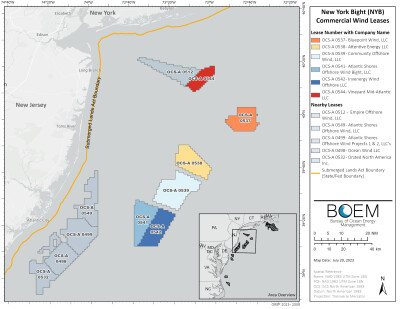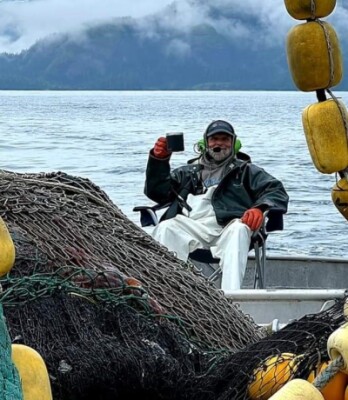Overfishing is a known culprit of the decline of Atlantic cod off the coast of New England but now, a new study co-authored by researchers at UC Santa Barbara and Columbia University has found that the climatological phenomenon known as the North Atlantic Oscillation (NAO) is also a factor. And it contributes in a predictable way that may enable fishery managers to protect cod stocks from future collapse.
"In the 1980s, the North Atlantic was stuck in a positive phase of NAO," said lead author Kyle Meng, an economist at UCSB's Bren School of Environmental Science & Management.
"We show not only that positive NAO conditions diminish a few consecutive cohorts of cod larvae but also that this effect follows a cohort as it matures."
The NAO is a periodic climatic phenomenon that, like El Niño, causes changes in water temperatures, although the mechanism is different and the NAO affects the North Atlantic rather than the Pacific.






